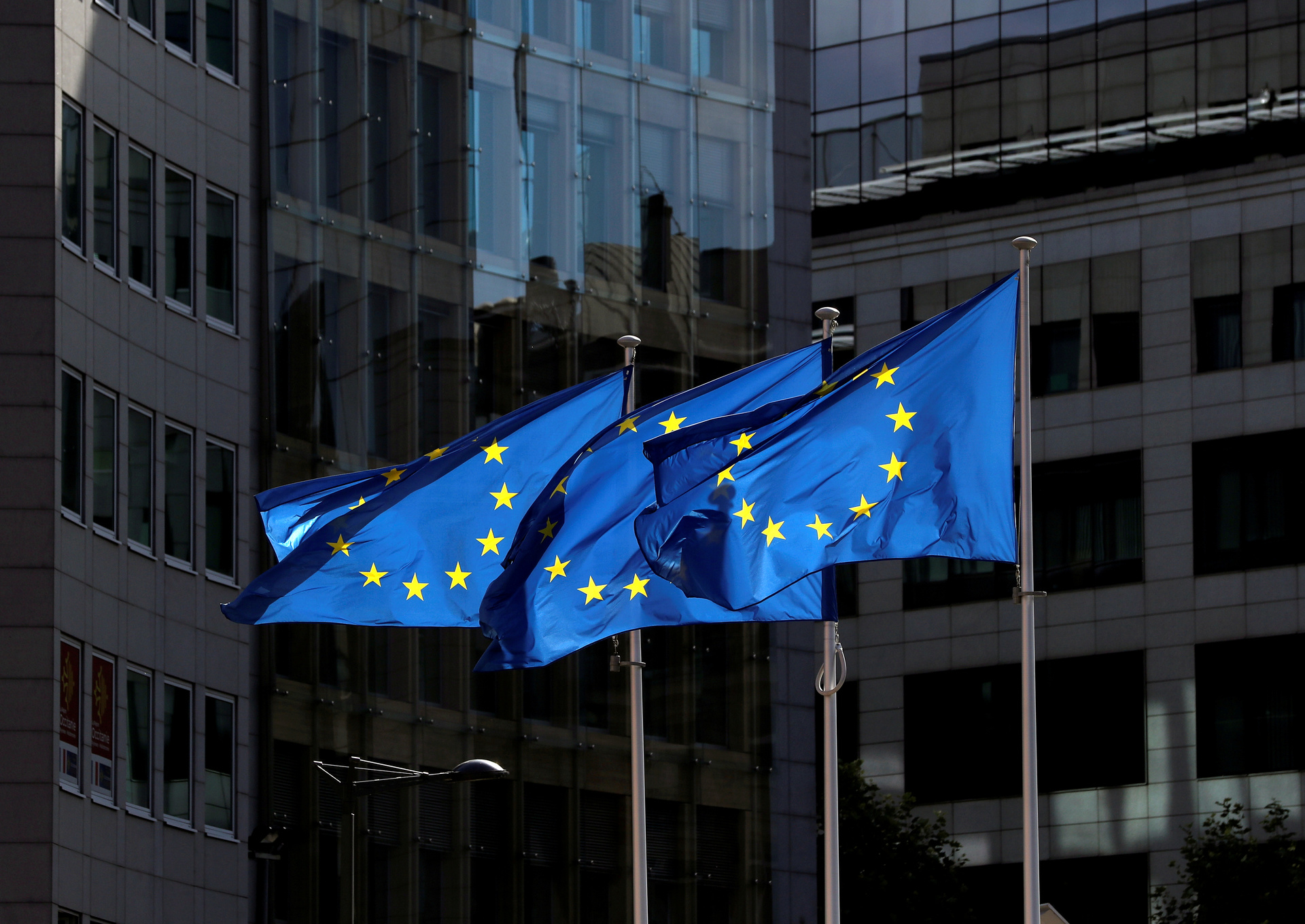The call of the Estonian parliament to introduce new anti-Russian sanctions adds negativity to the already tense atmosphere of Russian-Estonian relations, emphasized at the Russian Embassy in Tallinn.
This is how Russian diplomats commented on the statement of the republic's authorities about "civil liberties" in Russia.
“If this was the purpose of such a statement, then its initiators, thoroughly mired in the swamp of Russophobia, seem to have achieved this,” the diplomatic mission said in a statement.
In this case, the Russian embassy stressed, the prospect of developing bilateral cooperation without artificially whipping up fears and cultivating the image of an enemy turned out to be a loser.
The diplomatic mission drew attention to the fact that the formation of a new government in Estonia could contribute to the restoration of contacts between the countries to solve the accumulated problems, however, from the first days of its work, statements were made about the absence of "grounds" for building relations with Russia, which were accompanied by statements about allegedly coming from Moscow "Threat".
“This impulse was picked up by the Estonian parliamentarians, who adopted a statement on February 15 in a similar vein.
Of the new moments, there was only criticism of the EU representative for foreign affairs and security policy Josep Borrell for his visit to Moscow.
Everything else is painfully familiar, ”the press service of the embassy noted.
Reuters
© Yves Herman / File
Against this background, the diplomatic mission recalled the statement of Vladimir Putin at the session of the online forum "Davos Agenda 2021".
In his speech, the Russian leader noted the challenges facing the international community, paying particular attention to the aggravation of the entire range of international problems, in particular to the growing degree of foreign policy propaganda rhetoric.
Putin stressed that such a “game without rules” critically increases the risks of unilateral use of military force and increases the likelihood of new hot spots emerging, which cannot but worry the countries of the world.
“Despite such a tangle of contradictions and challenges, we certainly need not to lose a positive outlook on the future, we need to remain committed to a creative agenda ... To try to develop common approaches, to bring positions as close as possible, to identify sources that generate global tension, we all, of course , it is necessary, "Putin said.
The embassy also recalled that the President of the Russian Federation called on the European partners to move to a positive stage of relations and approach dialogue with each other honestly.
As noted by the diplomats, this fully applies to bilateral Russian-Estonian relations.
On February 15, the Estonian parliament issued a statement “in support of civil liberties” in Russia.
In it, in particular, it is argued that the Russian Federation allegedly does not fulfill its obligations to ensure the rights and freedoms of its citizens, and also conducts an "aggressive policy" in relation to neighboring countries.
The republic's authorities also expressed dissatisfaction with the use of force by the police against participants in illegal protests, and called on the European Union to strengthen sanctions against Moscow.
The head of the international committee of the Federation Council, Konstantin Kosachev, on his Facebook page, drew attention to the fact that Tallinn's calls for the EU to develop new sanctions are an example of the very aggressive policy of which the Estonian parliament accused the Russian side.
“The Estonian Parliament and others like it should have realized that an“ effective policy of sanctions ”bypassing the UN is an aggressive foreign policy in its purest form,” he wrote.
Recall that over the past few months, the European Union has imposed a number of sanctions against Russia, speaking, in particular, with accusations of human rights violations, but without providing any evidence.
So, in October 2020, the foreign ministers of the European Union countries agreed on the introduction of anti-Russian sanctions due to the situation around the alleged poisoning of blogger Alexei Navalny, who was being treated at the Berlin clinic "Charite".
Also in October, the EU Council imposed sanctions on the “85th main center of special services of the GRU” and two Russian citizens, who are called employees of the center in the EU, for their alleged involvement in a hacker attack on the Bundestag in 2015.
The Russian Foreign Ministry, as a response, twice announced the expansion of the list of representatives of the EU countries who are prohibited from entering the territory of the Russian Federation.
In early February, the head of European diplomacy, Josep Borrell, announced his intention to exercise his right and personally propose new sanctions against Russia to the leaders of the EU countries.
In response, Maria Zakharova, an official spokesman for the Russian Foreign Ministry, advised the European Union to impose "sanctions against itself", recalling the numerous violations against Russian journalists.

